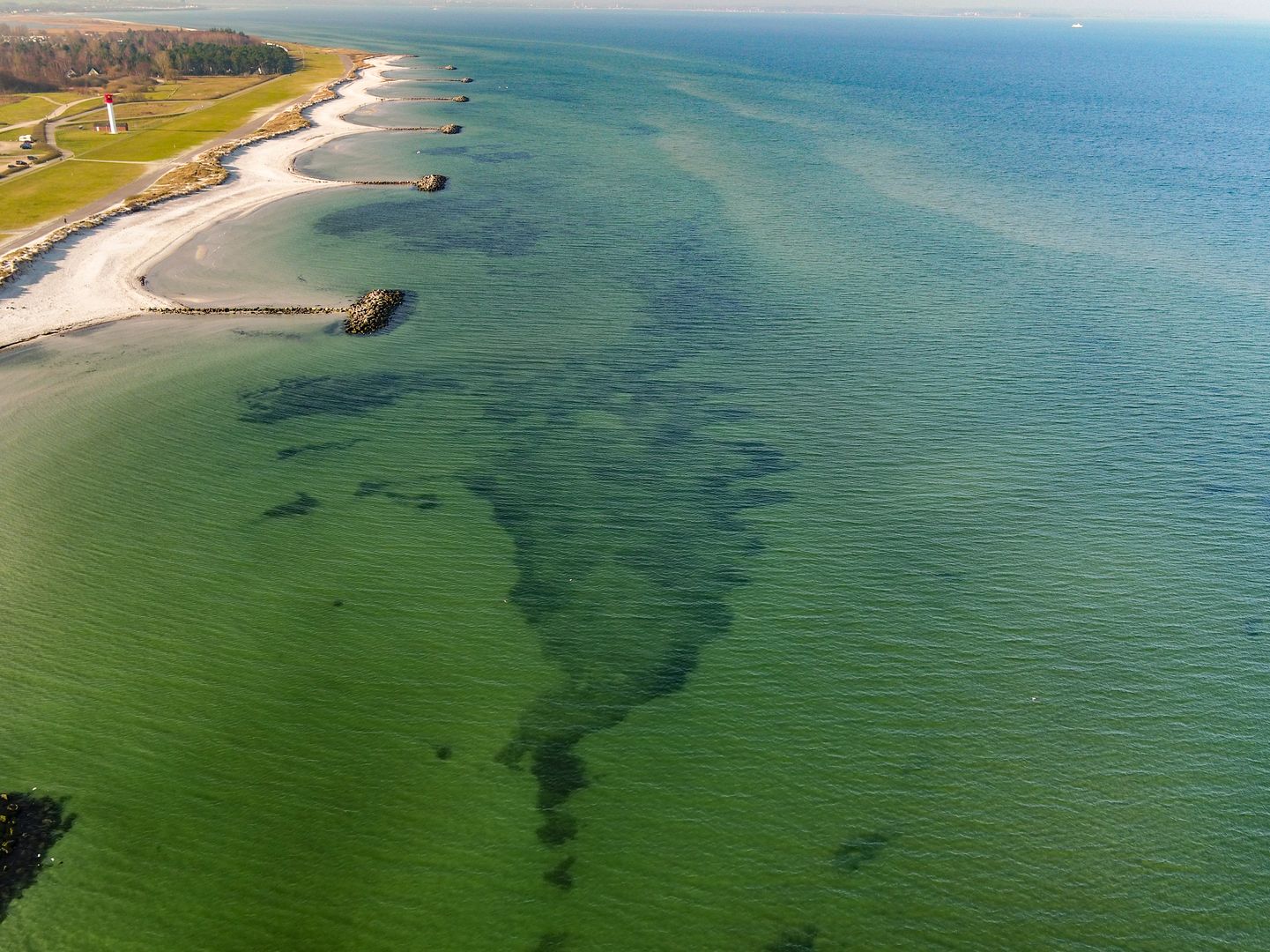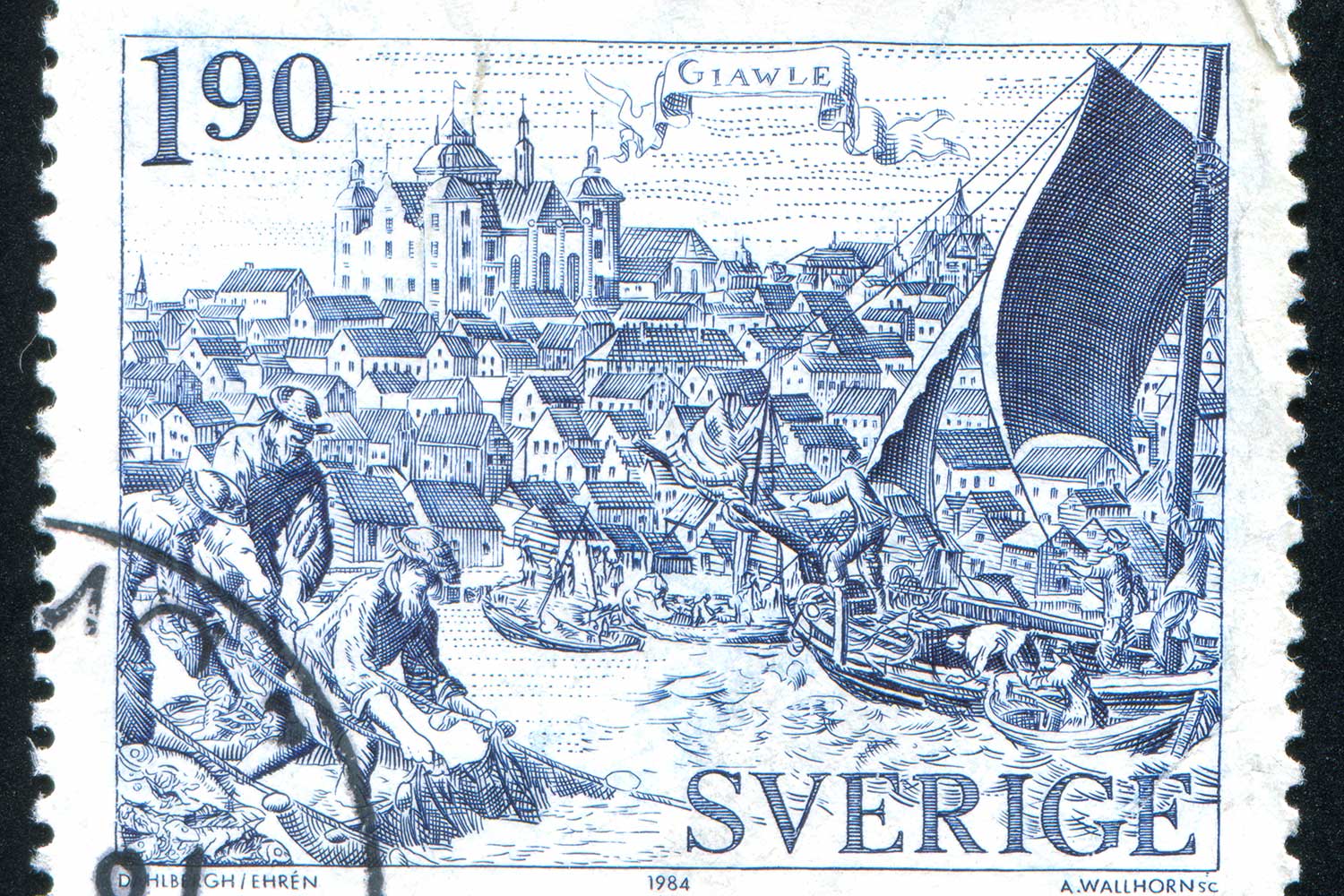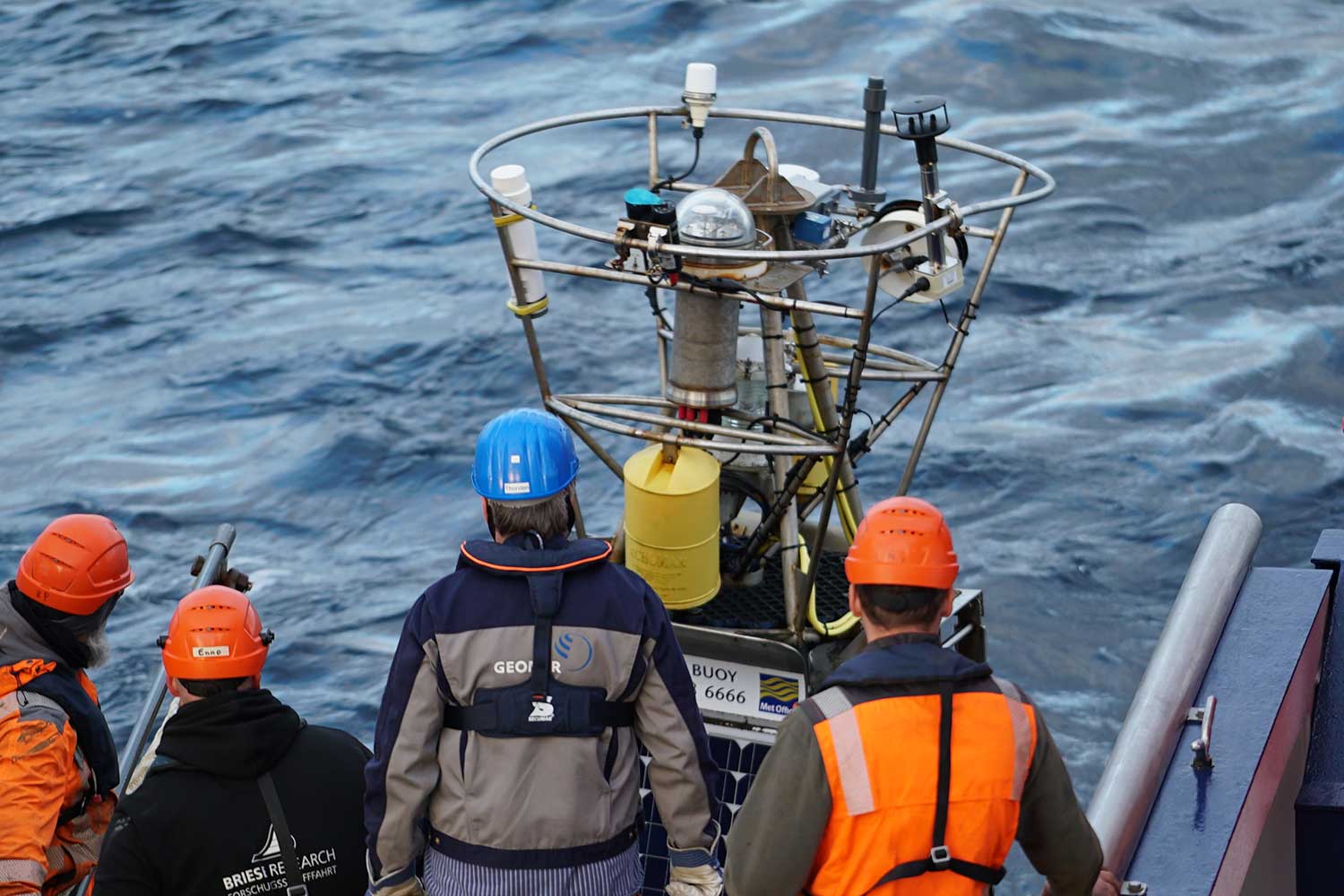The project is embedded in the European digital infrastructure initiative Gaia-X. Only recently, the Federal Ministry for Economic Affairs and Energy (BMWI) selected 16 outstanding projects from more than 130 applications from across Germany, which could make a significant contribution to the major European project. Among these was MARISPACE-X, which is coordinated by the north.io GmbH in Kiel.
As part of the project, a new form of digital cooperation in marine research will be implemented. Development of an intelligent maritime Data Space in the context of edge- fog- and cloud-computing will provide future incentive across the whole of Europe for increased digitalisation, and as such, also for the realisation of new economic opportunities in the marine sector. For this purpose, marine (geo-)data should be made useable, connected with one another, and processed by intelligently-networked objects (Internet of Underwater Things).
Together with north.io GmbH and the marine Big Data startup TrueOcean GmbH, based at the Wissenschaftszentrum, and under the direction of IONOS SE (United Internet Group), various working groups at Kiel University in the fields of informatics, geography and geosciences will contribute to the development of trustworthy data infrastructure that provides information on topics such as the distribution of seagrass meadows. Additionally, this project will also help to map contamination from munitions in the Baltic Sea. Knowledge about the locations of toxic contaminated sites from the World Wars is crucial to the expansion of wind energy and other infrastructure in the Baltic Sea. Shipping routes can also be optimised to align more closely with the currents using innovative IT applications. In particular, new technologies and options for remote sensing or recording of seagrass meadows with new sensing methods will lead to an exponential increase in data volume, which can only be meaningfully processed with the assistance of AI (artificial intelligence).
The project will begin in January 2022 and run for a period of three years. The total budget of the consortium, which besides Kiel University and north.io GmbH includes TrueOcean GmbH, IONOS SE, Stackable GmbH, GEOMAR Helmholz Centre for Ocean Research, Fraunhofer IGD, MacArtney Germany GmbH and the University of Rostock, is approximately €15 million.
Press Release from the Federal Ministry for Economic Affairs and Energy (BMWI):
https://www.bmwi.de/Redaktion/DE/Pressemitteilungen/2021/06/20210630-altmaier-gaia-x-erreicht-weiteren-meilenstein.html
Scientific Contact
Prof. Dr. Matthias Renz
Archaeoinformatics — Data Science
Dept. Computer Science, CAU
mr@informatik.uni-kiel.de
Project Coordinator:
Jann Wendt
North.io GmbH
jwendt@north.io
…



